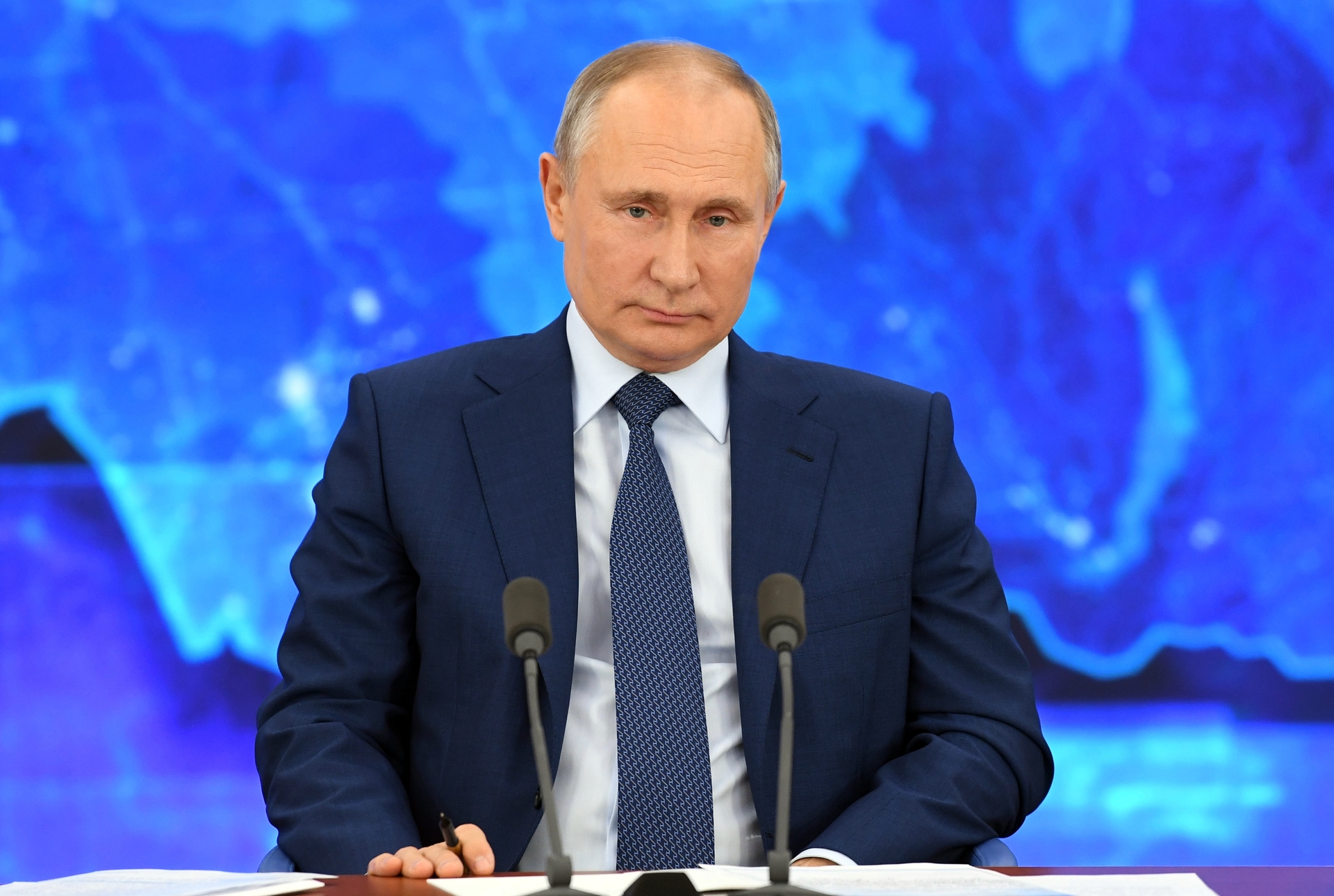Russian Prime Minister Mikhail Mishustin signed a decree to reduce the rate on soft loans for small and medium-sized enterprises (SMEs), as well as for self-employed citizens.
The head of the cabinet said this on Monday, January 11, at a meeting with the deputy prime ministers.
“Initially, the rate on such loans was set at 8.5%.
Under the new rules, its maximum size should not exceed the key rate of the Bank of Russia, increased by 2.75%.
Thus, now preferential loans will be issued at 7% per annum, ”said Mishustin.
According to him, the initiative will allow business to reduce its debt burden and replenish working capital.
As a result, entrepreneurs will have more opportunities to develop their businesses, as well as invest in new projects.
As noted by the head of government, such measures are "badly needed" to stabilize business in the current economic situation.
First of all, the measure should support entrepreneurs in such areas as agriculture, domestic tourism, science and technology, healthcare and education, as well as manufacturing, the Prime Minister is sure.
“It is important to help businesses overcome financial difficulties more easily and maintain human resources,” emphasized Mikhail Mishustin.
Recall that in 2020, to support the economy in the context of the coronavirus pandemic, the authorities provided business and the population with a number of financial assistance measures.
In particular, we are talking about credit holidays, grants and concessional loans to enterprises for the payment of salaries to employees, moratoriums on scheduled inspections, as well as tax deferrals and exemptions for companies and entrepreneurs.
“In general, 4.6 trillion rubles were allocated to support citizens and industry, to fight the pandemic.
For us, this is unprecedented money, this is 4.5% of the country's GDP, ”Russian President Vladimir Putin said at an annual press conference on December 17.
The Russian leader also added that small and medium-sized businesses have received about 1 trillion rubles of state aid through various channels.
RIA News
© Alexey Nikolsky
Meanwhile, a reduction in interest rates on concessional loans in 2021 should provide additional support to Russian business and allow entrepreneurs to recover faster from the consequences of COVID-19.
This point of view in a conversation with RT was expressed by Nikita Maslennikov, head of the "Finance and Economics" direction of the Institute of Contemporary Development.
“The decision of the Cabinet of Ministers should become a universal measure of support for the entire group of SMEs.
Now business needs to rely on its own forces, since many preferences from the state, introduced during the crisis, are gradually starting to be phased out, and taxes and insurance premiums still need to be paid.
For further development, the business needs the most accessible resource, ”Maslennikov explained.
Moreover, the government's initiative should become one of the main drivers for the restoration of investment and innovation activities.
Georgy Ostapkovich, director of the Center for Market Research at the Institute for Statistical Studies and Economics of Knowledge, NRU HSE, told RT about this.
“When an entrepreneur receives cheap money, he directs it to investments.
Investments, of course, give an increase in production and profits, due to which this loan can be recaptured.
In addition, the entrepreneur will be interested in hiring more employees in order to further expand his business activity.
All this along the chain should lead to economic growth, ”Ostapkovich said.
In his opinion, the reduction in rates will provide significant assistance to representatives of the service sector, which has suffered the most during the pandemic.
In addition, the expert is sure that cheap loans will be in demand in construction and industry.
To a certain extent, the provision of concessional loans will also contribute to the recovery of Russian business, Nikita Maslennikov believes.
So, according to him, the initiative will lead to the withdrawal of inefficient companies from the market.
“The fact is that the measure stimulates a viable business, and also helps to filter out the so-called“ zombie companies ”that represent a kind of ballast and show their inefficiency,” Maslennikov explained.

